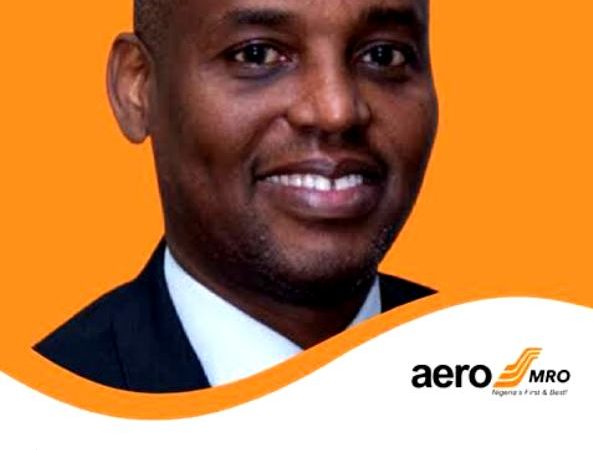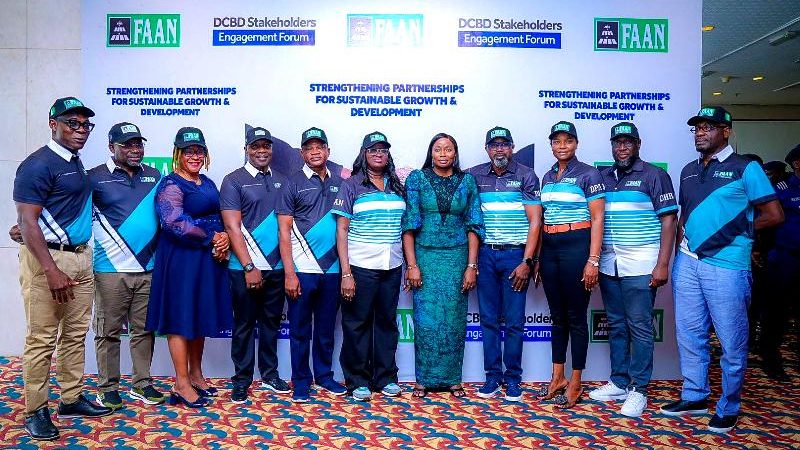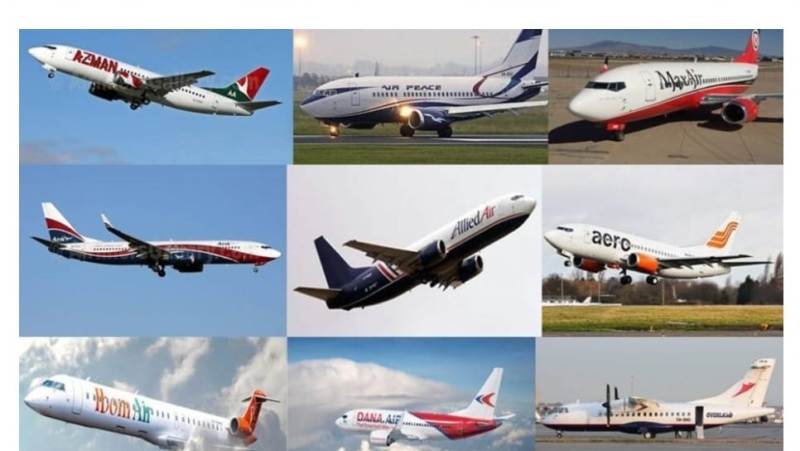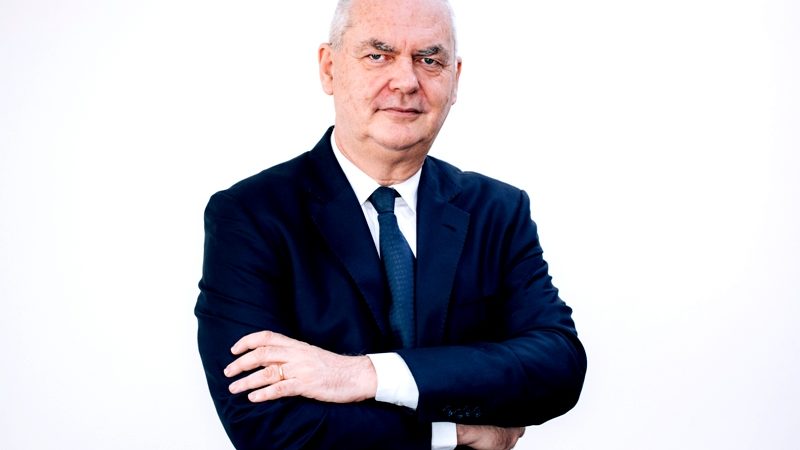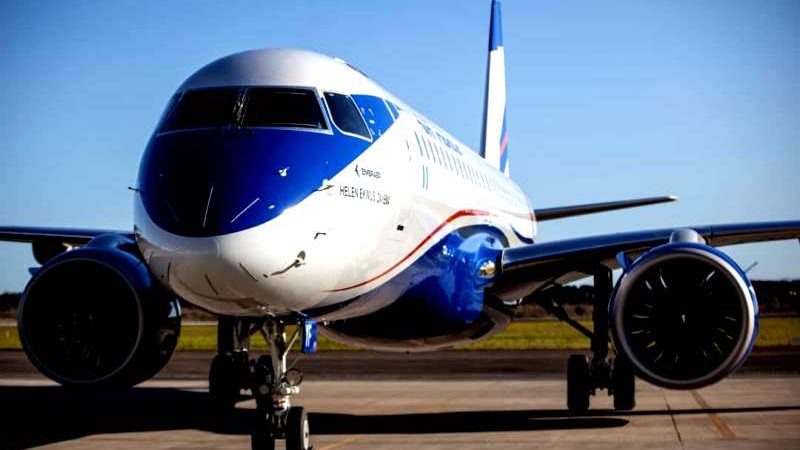Aviation Stakeholders Advocate Review Of Charges, Taxes, Tariffs, Policy Advocacy
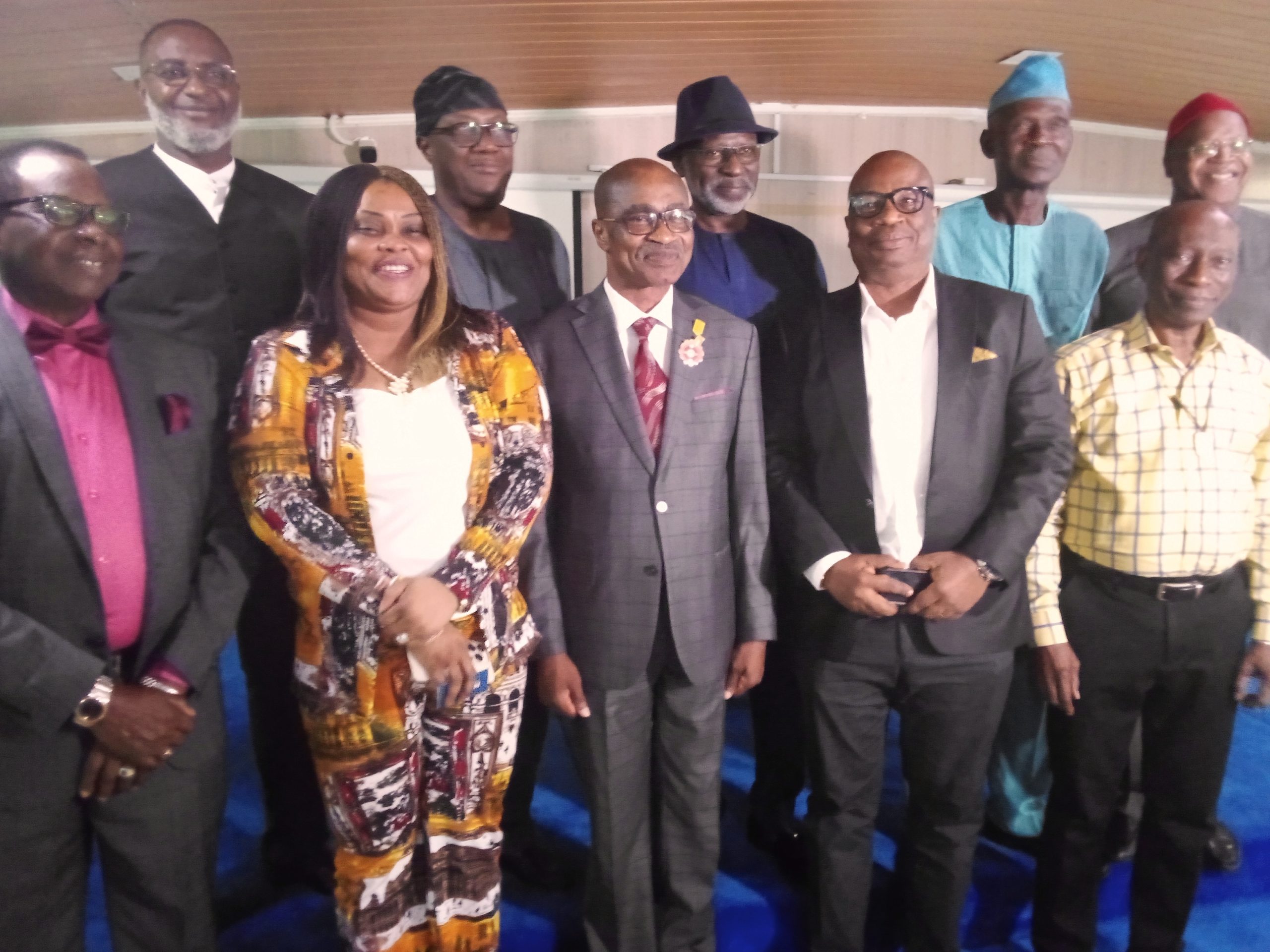
Stakeholders in Nigeria’s aviation industry have called for a review of all existing charges, taxes, tariffs and fees paid by airlines and exporters to agencies and agents in the sector to determine their appropriateness with a view to encouraging more people to invest in and patronize the sector. They are also looking to see a policy advocacy by all players to pursue harmonization of all anti-investment payments in the sector.
This call was made at the Quarter3 2023 Business Breakfast Meeting (BBM) of Aviation Safety Round Table Initiative (ASRTI) held at Gofview Hotel, Ikeja, Lagos under the theme, Nigerian Aviation Sector Charges, Duties & Tariffs: Truly Exorbitant?
In his keynote address, the Chairman of Presidential Committee on Fiscal Reform and Tax Policies, Mr. Taiwo Oyedele identified impediments to Nigeria’s position as a leading player in Africa’s aviation industry, attributing it mostly to endless levies, taxes, fees and charges paid at the ports.
Oyedele said: “Undoubtedly, challenges abound from our seaports to our airports. Disturbing reports indicate that it is more expensive to transport imported goods from Apapa Port to the hinterland than it is to bring them from China. The export process is equally arduous, with prolonged clearance and certification procedures, coupled with an array of levies, prompting some exporters to opt for alternative routes through neighbouring countries.
Recent revelations from IATA rank our Lagos and Abuja airports as the two most expensive in the world, no thanks to the endless levies, taxes, fees and charges. Whether or not this assertion is accurate, the mere perception of it is detrimental and demands our urgent attention.
Equally, a recent news report credited to FAAN indicated that at least 15 airports in Nigeria are not viable. Sadly, beyond the huge capital outlay, we also need to maintain these airports and airstrips at huge costs despite our lean resources. This places undue pressure on the few viable airports, particularly the Lagos and Abuja, perhaps contributing to the myriad of taxes and levies. Solving these challenges requires a departure from the mindset that created the problems in the first place.
Some reports indicate that carriers often opt to fly outbound cargo planes empty rather than incur exorbitant charges for loading goods from Nigeria to other countries. Similarly, expensive overnight parking has led to some airlines favouring neighbouring countries. To remain competitive regionally and on the global stage, we must address the burden of multiple agencies, complex paperwork, and a plethora of taxes and levies.
As a nation, we cannot aspire to be competitive while at the same time burdening businesses with complex processes. We must cease taxing seeds and, instead, foster an environment that encourages businesses to thrive, bearing fruits that we can tax. In this pursuit, the Presidential Fiscal Policy and Tax Reforms Committee was established, with a clear mandate to harmonize taxes and revenue collection agencies, promote business growth, and cultivate a competitive landscape, among others.”
A tax and regulatory services professional at the University of Lagos, Prof. M. T. Abdulrazaq said there was need for a policy advocacy to enhance understanding of the difference between tax, charges and fees. He also called for a review of the tax laws to incorporate tax planning and that this should be done using a draft legislation sent to the National Assembly by aviation stakeholders.
Mrs. Kemi Adigun of Economic Regulations Directorate of Nigeria Civil Aviation Authority (NCAA) said of all what people call taxes, only security tax is actually a tax in the list. Citing the fuel surcharge as an example, she said there are charges that airlines pay, attribute them to government and accuse government of multiple charges.
“Today in the airport, there are 25 cargo charges but only nine are recognized by government,” she said.
However, President of Nigerian Association of Air Freight Forwarders, Airport Chapter, Mr. Abdul Abu said that at the cargo shed of the airport, there are seven to eight government agencies that come to check cargo and charge for everything per kilo after checking.
“There is a clear issue of double taxation by FAAN. Federal government should send personnel to the shed to interrogate these charges as every naira and kobo charged on cargo has effect on the sector,” he said.
Moderating a panel session, former Rector, Nigerian College of Aviation Technology (NCAT) in Zaria, Capt. Ayodele Caucrick proposed an executive order from government to put a stop to all charges dissuading cargo exports adding that a policy advocacy on the issue has become necessary.
In his intervention, the Managing Director of Belujane Konzult Limited, Mr. Chris Aligbe noted that in the past, executive orders have been issued and government agencies flaunted such orders but stressed that “there is a need for tax policy advocacy involving all stakeholders including farmers, National Assembly members, Nigerian Chartered Institute of Commerce and Industry and other relevant stakeholders even outside aviation circles.
Representative of National Association of Government Approved Freight Forwarders (NAGAFF), Dr. Segun Musa said there is an ongoing attempt to reintroduce a fee called Cargo Tracking Fee which was resisted years ago, calling on stakeholders to resist this move. He said policy advocacy would also be helpful. He said some agencies that physically operate at the airports have no business being there and that automation of fee collection processes and systems would reduce corruption at the airports by 85% and reduce multiplicity of fees and charges.
“The volume of exports that ought to go through Nigeria are going through Ghana because the parking charges, landing costs and other charges are so high in Nigeria when compared to what they would pay in Ghana. When the cost of transporting a produce is far higher than the cost of the produce being transported, it will be difficult to sell such produce,” he said.
A specialist in Commercial Law, Arbitration and Taxation, University of Lagos, Prof. Abiola Sanni (SAN) in his presentation, said there is an imperative for a proper regulation and coordination of charges by ministries, departments and agencies to prevent abuse of regulatory power for revenue purposes.
The Managing Director of Asaba Airport, Mr. Christopher Penninck, who made a case for state owned airports said: “We as state airports are trying to develop the industry and traffic out of airports. We don’t have a big brother of a big international airport to support our losses. We have to generate our revenue from the traffic we have and managed to develop. However, we are bombarded by multiple charges. To give an example, NAMA and NiMet are charging the airport for their services while the same agencies are still collecting part of the 5% NCAA charge and charging the airlines. In NAMA’s case, flight plans are charged for and they get a large part of the NCAA 5%. They charge us. This is not what the ICAO Doc 9082 is recommending. Multiple charges for the same service, is not in line with the document. We, state airports, don’t want a special treatment. We just want to be treated like the FAAN airports. NAMA doesn’t invoice FAAN and NiMet is collecting 10% of the landing charges as stated by the Act. If we had the same treatment, we would probably develop faster and better.”
SEE MORE PHOTOS
PHOTOS From ASRTI BBM On Charges, Duties, Tariffs In The Aviation Sector



